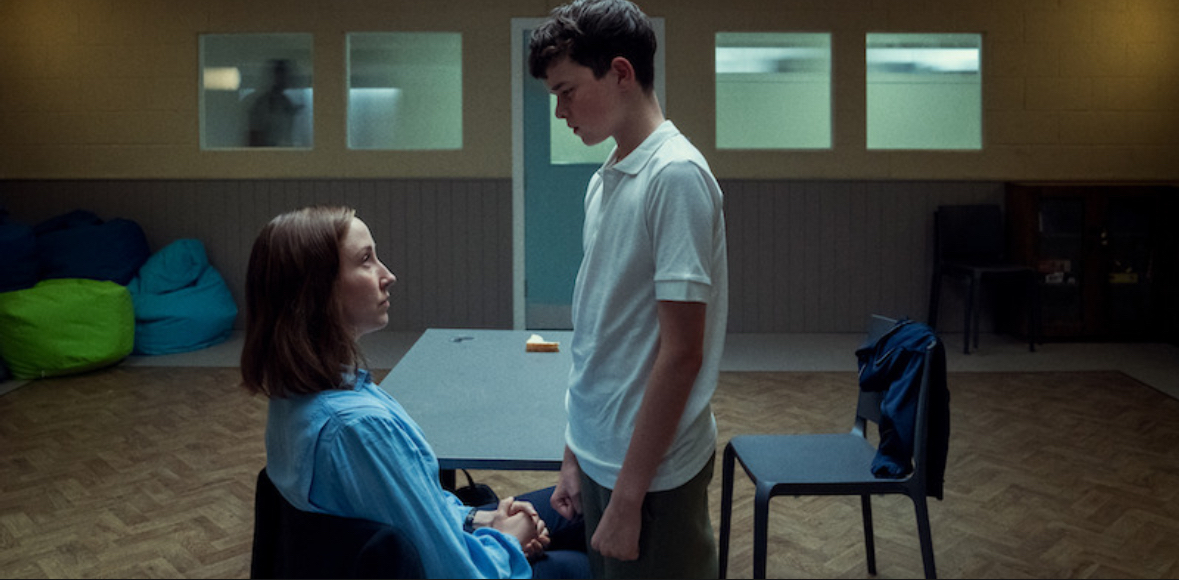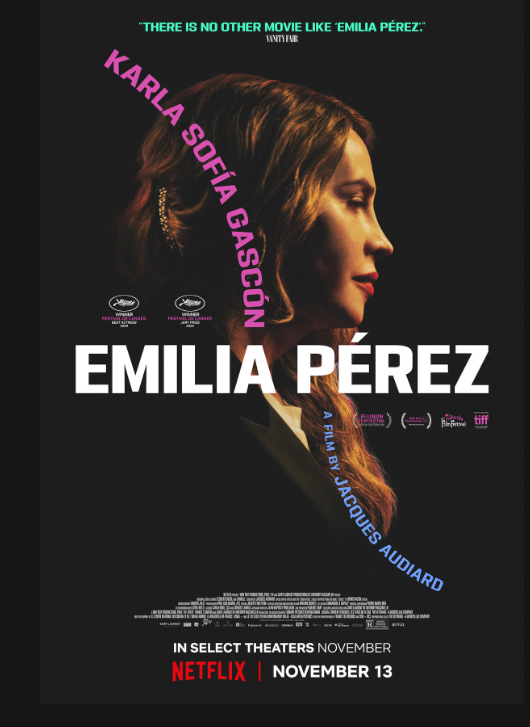Dear Ralph Ellison,
I have always had the belief that books are more than just interesting stories written to pass time. Books carved impressions and opened gateways to different places and times for me. Books have engulfed me in worlds of both joy and tragedy making me bubble with happiness or sigh in sorrow. Books have enabled me to escape my protected world to explore other dimensions. With each journey, my mind broadened and my feelings confided.
Two years ago, something happened that impacted my perspective on my own ethnicity and self-worth. At the time, my father was traveling abroad extensively for business. My mother, who homeschools my brother, my sister, and me, started a cool lesson plan on the invention of chocolate. We not only researched together at the local Orange County Library and watched fascinating YouTube clips on how chocolate is produced, but also took a 45-minute guided tour through the World of Chocolate Museum. We explored the archaic history of chocolate, along with carved sculptures including Mount Rushmore, President Obama, The Great Wall of China, and Taj Mahal. They all looked delicious!
After a full group gathered in the lobby, our museum guide slowly brought us through the exhibits. As we were the only children in the group of adults, the guide tried to interact with us as much as possible to keep us engaged. He would challenge us with Jeopardy-like questions about the cocoa bean and the ancient tribes that consumed bitter chocolate beverages. Having done our research, we answered all of them correctly. Meanwhile, a tall Caucasian man in our group started to mutter aloud remarks to his wife while glaring at us. We didn’t pay any mind to the chatter and brushed it aside. The tour was too interesting to stop our tracks. We eventually reached our final exhibit – the “chocolate tasting room”! In this room, there were tasting displays of the best chocolates from different parts of Europe. It was heaven on earth!
When my mother, who was carrying my two-year-old sister, leaned over a display to get a better look at the white chocolates, the same Caucasian man exploded. At the top of his lungs, he shrieked, “Yeah go on, why don’t you breathe on all the chocolates! Damn immigrants! You ought to go back to your own country.” All the while, he had been advancing on my mother. There he stood, looming over a woman and child, his fists clenched, knuckles white, simply ready to attack her. He moved in closer with his chest out and arms waving. I was petrified, still with my camera clenched by my chin. The altercation unfolded quite rapidly. The museum guide instinctively slipped in front of my mother as if to protect and shield. Perhaps, he thought the man would strike out of anger. Security was immediately called, and the man and his wife were escorted out of the museum. I suppose that was bittersweet for him because the sweetest part of the tour was the tasting room of the finest chocolates.
After the ordeal, a group of African American women came over to comfort us. They told us they heard the man mutter racist remarks about Asian people throughout the 45-minute tour. I was both sad and surprised. Before this scary incident, I never experienced racism. I was not aware that being different could be threatening or negative. My parents always taught me to embrace different people and cultures.
I found myself asking the question “why” very frequently. Why would someone do this to my family and me? Why would I be less American if I were a second-generation Chinese American? Why would being darker differentiate me from a human being who is White? What if I were an international tourist on vacation in Orlando? What if I were an immigrant? Why would it matter? I had no answers and my heart was confused. I would continually watch the breaking news about the presidential election and hate crimes, finding myself lost in thought. People were shot because of their skin color. My parents explained to me that people were usually racist because of the lack of education and exposure. If people had knowledge, they would hate less. They told me to forget the entire incident. However, I remained ambivalent and agitated. I disliked my ethnicity. I doubted my self-worth. I lost confidence.
About half a year after this terrifying occurrence, I was randomly looking through an old box of my dad’s favorite school books. Whether it was by coincidence or fate, I came across The Invisible Man. The book was entombed with a thick layer of dust, it’s pages yellowed with age. The book’s cover held a vague picture of a white eye, highlighted by a single orange eyebrow, and a dark backdrop. The paperback was unlike any of the other books I had sorted through. It had a strong name, a mysterious one, making me think… who could possibly be an invisible man?
That night I started peeling through the book. The first sentence, “I am an invisible man”, captivated me. I read the book thoroughly, knowing by heart. For the first time after the contretemps, I was beginning to feel comfort and hope. Through my reading, I finally felt at ease with my racial identity. The invisible man went through what I experienced at the World of Chocolate Museum, and much more. He was constantly bombarded with discrimination, unfair circumstances, and unbelievable hardships. Through all adversities, he didn’t give up. He didn’t shed tears over his identity or how he was treated. Instead, he embraced it and moved on. As I empathized with the invisible man, I realized the importance of my heritage. My self-worth is judged by me, and no one else.
The Invisible Man truly opened my eyes. The prejudice I faced dampened my spirits and stressed me out. I didn’t properly understand what had taken place. I think racism exists. Unfortunately, it is prevalent in today’s society. However, my experience is a mere smudge of it. I doubt this will be my last brush with bigotry, but because I read The Invisible Man, I can bear it. It made me understand the willpower of an individual and the emphasis on self-respect and pride. Never will I back down or give up when I am faced with adversity. This book bolstered my pride as a person of color, and as an Asian-American. Mr. Ellison, you ended your book with the sentence, “ Who knows but that, on the lower frequencies, I speak for you?” I reflect on that. Thank you, from the bottom of my heart, because I heard you.



